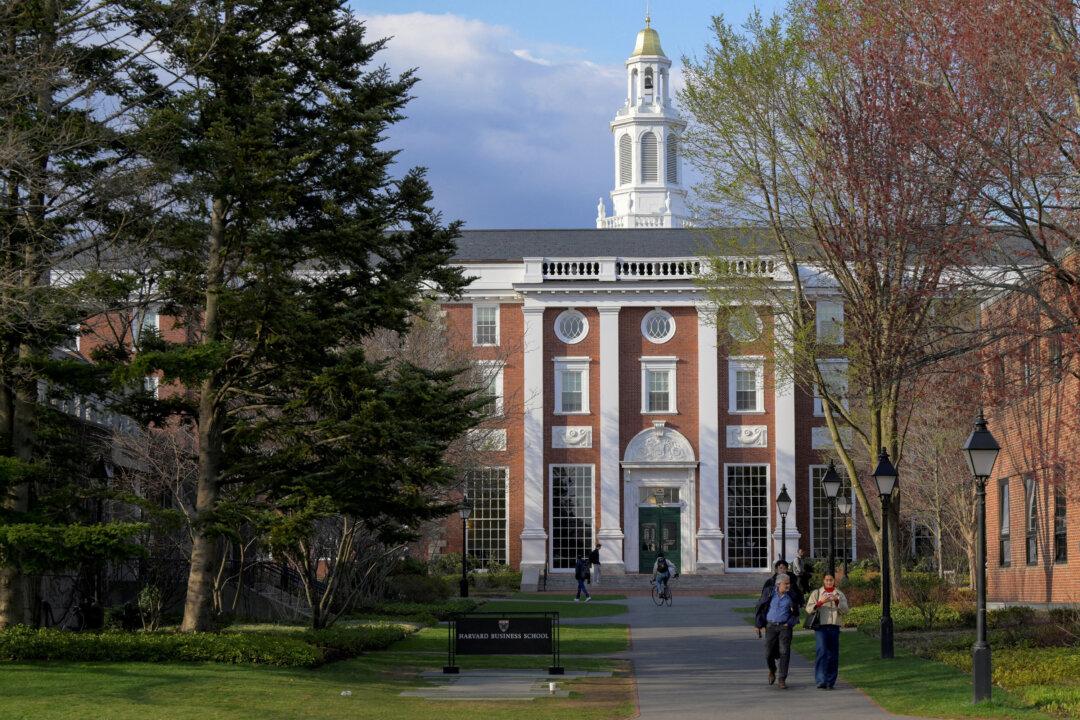Lawmakers in the House of Representatives are demanding transparency from Harvard University over partnerships with sanctioned groups, including those involved in the Chinese regime’s forced organ harvesting and its genocide against Uyghurs in China’s Xinjiang region. In particular, the lawmakers highlighted the university’s partnerships with blacklisted Chinese entities.
Reps. John Moolenaar (R-Mich.), Tim Walberg (R-Mich.), and Elise Stefanik (R-N.Y.)—chairs of the House Select Committee on the Chinese Communist Party (CCP), House Committee on Education and the Workforce, and the House Republican Conference, respectively—sent the letter to Harvard University President Alan Garber on May 19, requesting documents and testimony by June 2.





